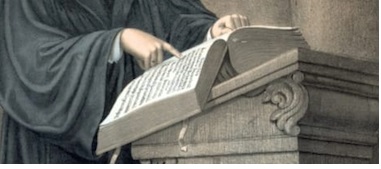
Causes and Results of the Reformation

Causes
What factors led to the Reformation?
1. Economic. Some rulers were upset about the economic power and wealth of the Church. Growing nation-states wanted to transfer the wealth and power of the Catholic Church to its rulers and subjects.
2. Political. Many felt the Pope had too much power over political and other non-religious matters. Nations, especially in Northern Europe, saw the Pope as a foreigner who might try to rule over its nation-state.
3. Cultural. The Renaissance emphasized the ability of people to think for themselves and to use classical reason to arrive at conclusions.
4. Technological. The printing press was invented in Germany in 1450. This advancement allowed Luther's ideas to be spread throughout Europe. In addition, Bibles were printed and passed out to the common people to read.

What changes were brought to Europe as a result of the Reformation?
1. Economic. Civil officials took over Church lands and taxes. Wealth remained in the nation-states.
2. Political. Monarchs of European nations, especially in central and northern Europe, gained power and wealth as the strength of the Catholic Church declined. Protestant religions were established throughout Europe which would eventually spread to North America. By 1600, almost all of Western Europe was divided into Protestants and Catholics, with each group hostile to the other. Several religious wars were fought, including the Thirty Years War (1618-1648).
3. Cultural. Progress was made in education and literacy, as many grew by reading the Bible.
4. Social. Many new religions were founded. Luther established the Lutheran Church in Germany. John Knox founded the Presbyterian movement in Scotland, and John Calvin established the Calvinists and the doctrine of predestination. The Protestant Reformation spread to England, where King Henry VIII broke with the Catholic Church in order to defy the authority of the Pope and divorce his wife, Catherine of Aragon. The Anglican Church became independent of the Pope and made the king its head.
